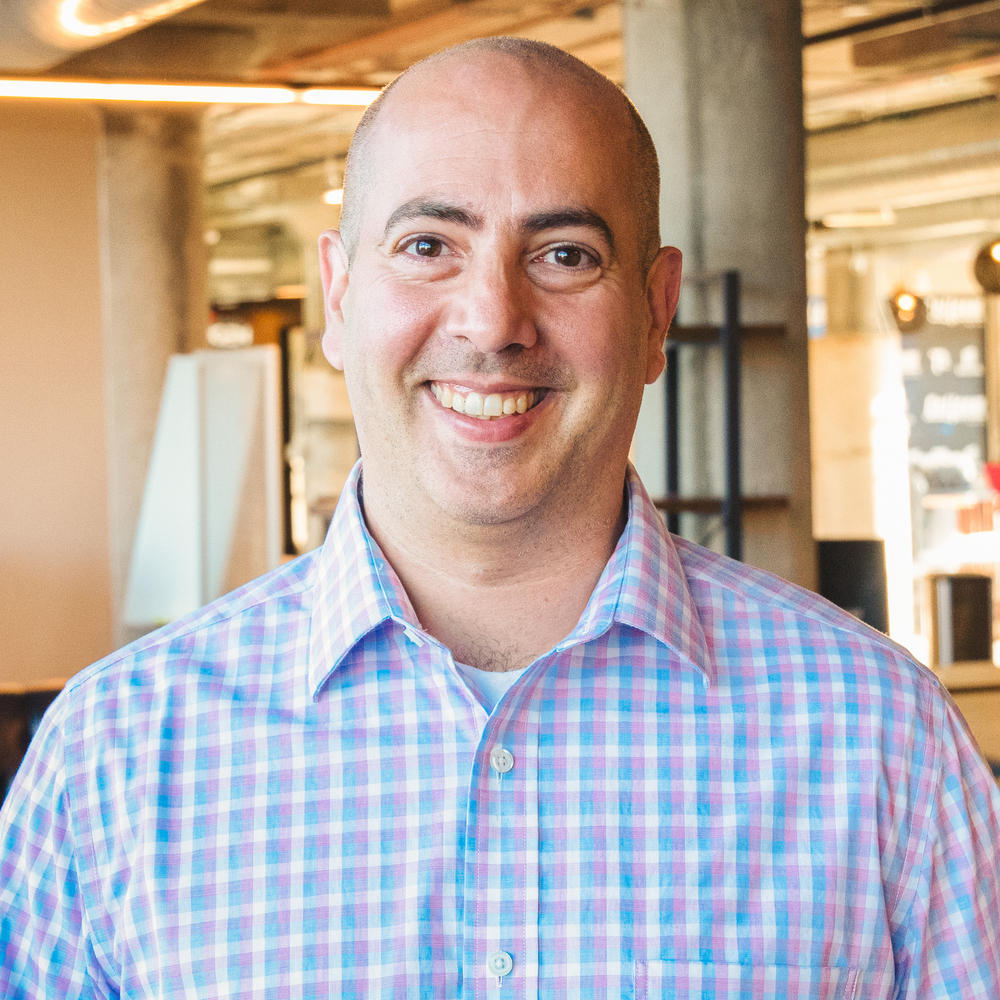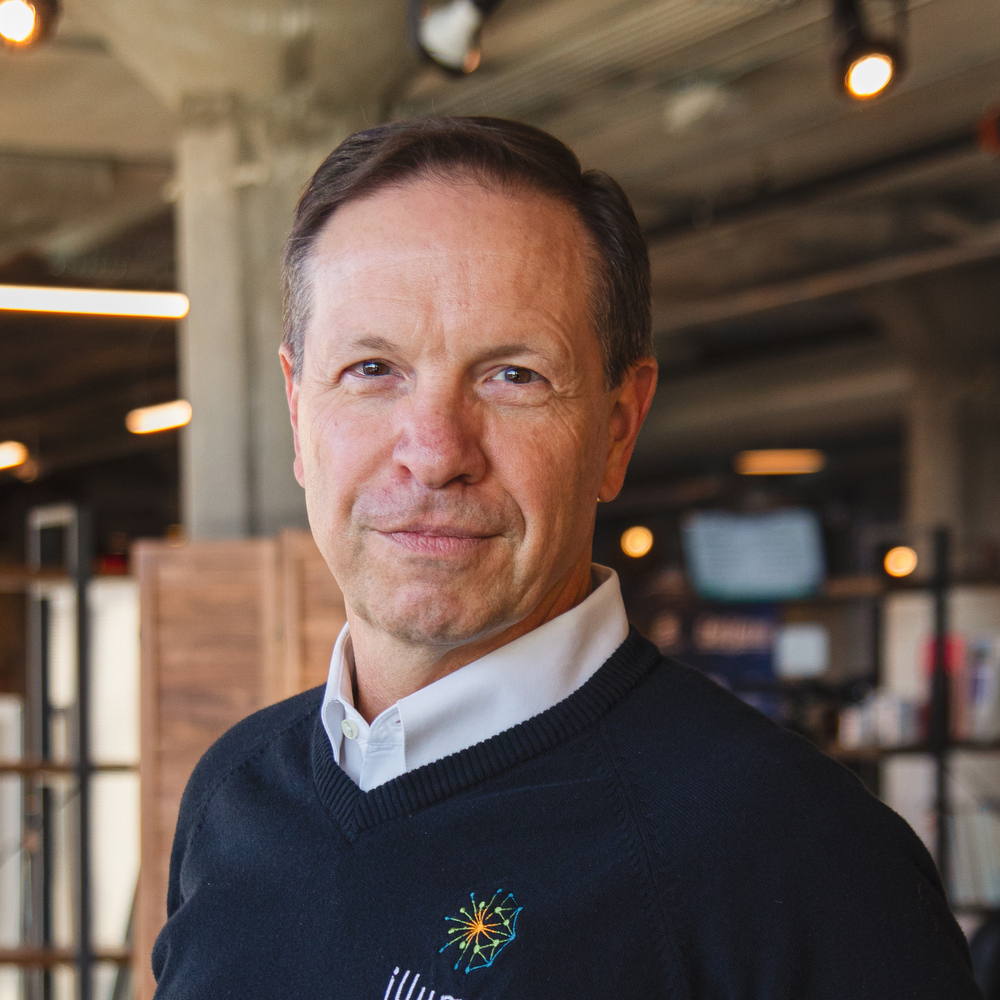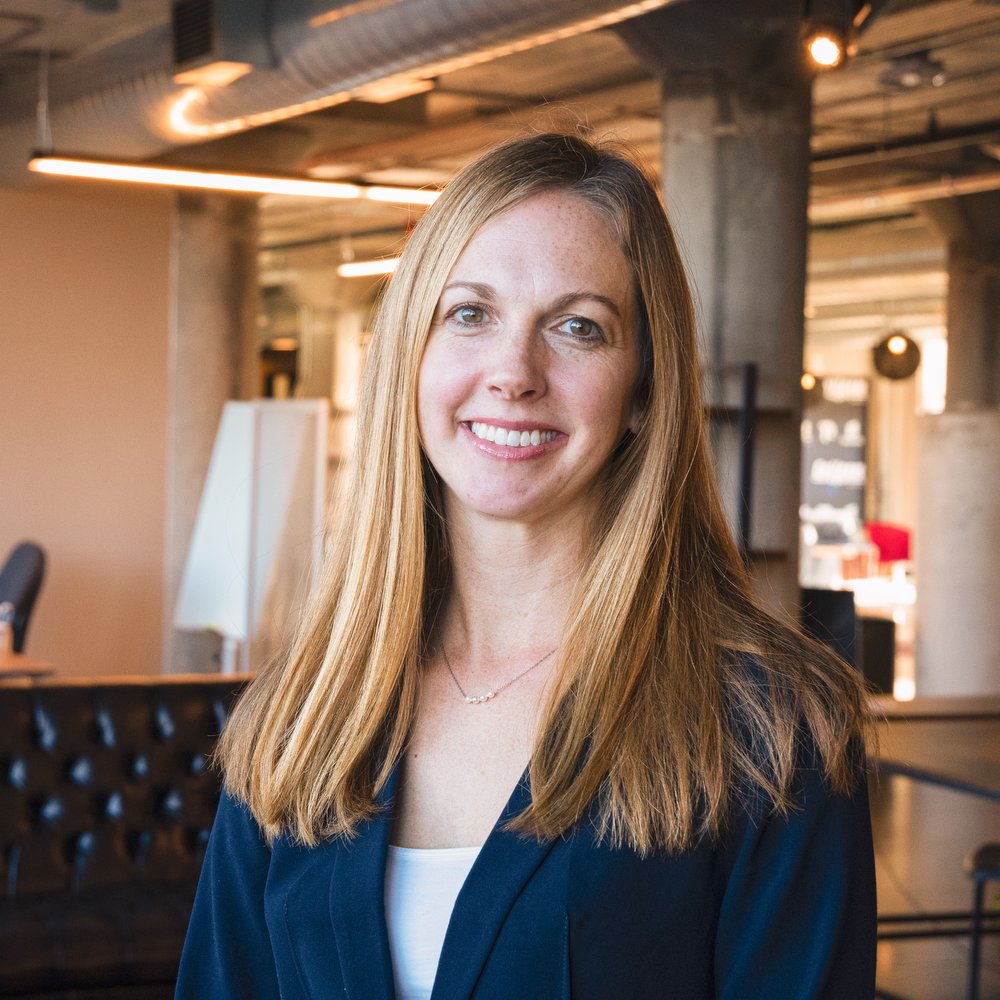When we talk about personality traits, few are as multifaceted and intriguing as Openness to Experience. As part of the Big Five personality model, openness encompasses a rich spectrum of characteristics that influence how individuals perceive and interact with the world around them. In this blog, we’ll explore the various facets of openness, from the dreamy realms of imagination to the analytical depths of intellect.
The Multifaceted Nature of Openness
Openness to Experience isn’t a one-dimensional trait. Instead, it’s composed of several interconnected facets, each contributing to an individual’s overall openness profile. These facets include imagination, artistic interests, emotional responsiveness, adventurousness, and intellectualness. By understanding these different aspects, we can gain a more nuanced view of how openness manifests in different individuals.
Imagination: The Creative Core of Openness
At the heart of openness lies imagination – the ability to create rich mental worlds and engage in fantasy. Individuals high in imagination often have vivid inner lives, filled with daydreams and creative musings. They might find themselves easily lost in thought, conjuring up new ideas or scenarios.
High imagination can be a powerful asset in problem-solving and innovation. These individuals can envision new possibilities and think outside the box. However, those with lower imagination scores aren’t necessarily uncreative. They might simply prefer to focus on practical realities and concrete ideas.
Artistic Interests: Appreciating Beauty and Aesthetics
The artistic interests facet of openness relates to an individual’s appreciation for beauty, both in art and nature. Those high in this trait often have a deep love for various forms of artistic expression, from visual arts to music and literature.
In the workplace, individuals with high artistic interests might bring a unique perspective to projects, considering aesthetic aspects that others might overlook. They might excel in roles that require design thinking or creative problem-solving.
On the other hand, those lower in artistic interests might focus more on functionality and practicality. While they may not be drawn to art for its own sake, they can often appreciate well-designed, functional objects or spaces.
Emotional Responsiveness: The Feeling Side of Openness
Emotional responsiveness refers to an individual’s access to and awareness of their own emotions. Those high in this facet tend to experience a wide range of emotions and are often more in tune with their feelings.
High emotional responsiveness can manifest as being forthcoming about one’s feelings and having a strong ability to express emotions. This can be beneficial in roles requiring empathy or emotional intelligence, such as counseling or leadership positions.
However, very high emotional responsiveness can sometimes lead to being perceived as overly emotional or in constant turmoil. Conversely, those lower in this facet might appear more stoic or have difficulty accessing and expressing their emotions.
Adventurousness: Embracing New Experiences
The adventurousness facet relates to an individual’s willingness to try new activities and experiences. High scorers in this area are often described as eager to try new activities, travel to foreign lands, and experience different things.
In the workplace, highly adventurous individuals might thrive on change and readily embrace new projects or methodologies. They might be the first to volunteer for new initiatives or be comfortable with frequent role changes.
Those lower in adventurousness tend to prefer familiar routines and might be more resistant to change. While this can sometimes be seen as a limitation, it can also be a strength in roles requiring consistency and attention to established procedures.
Intellectualness: The Cognitive Aspect of Openness
The intellectualness facet of openness relates to an individual’s love of learning, intellectual curiosity, and enjoyment of abstract ideas. High scorers in this area often enjoy engaging with complex concepts and theories.
Individuals high in intellectualness often “love to play with ideas” and enjoy debating intellectual issues. They might be drawn to podcasts, books, or discussions that challenge their thinking and introduce new concepts.
In a professional context, those high in intellectualness might excel in roles requiring strategic thinking, research, or innovation. They often enjoy learning for its own sake and may pursue knowledge across various domains.
It’s important to note that intellect in this context doesn’t necessarily equate to intelligence. Rather, it refers to a cognitive style characterized by curiosity and engagement with ideas.
Balancing the Facets of Openness
What makes openness particularly fascinating is how these different facets can combine in unique ways within individuals. Someone might be high in intellect but low in artistic interests, or high in adventurousness but low in emotional responsiveness.
These unique combinations can lead to diverse strengths and potential challenges. For instance, an individual high in intellectualness but low in imagination might excel at analyzing existing ideas but struggle to generate entirely new concepts. Conversely, someone high in imagination but low in adventurousness might come up with many creative ideas but be hesitant to put them into practice.
In team settings, having a mix of different openness profiles can be beneficial. Pairing someone high in openness with someone lower can create a balance between innovation and practicality. The high-openness individual might generate creative ideas, while the lower-openness team member could help ground these ideas and implement them effectively.
Embracing the Full Spectrum of Openness
Understanding the spectrum of openness to experience can provide valuable insights into individual differences in cognitive styles, creativity, and approaches to new experiences. Whether you’re a leader looking to build a balanced team, a coach helping clients leverage their strengths, or an individual seeking self-understanding, recognizing these different facets of openness can be incredibly valuable.
Remember, there’s no “ideal” openness profile. Each combination of these facets brings its own strengths and potential challenges. The key is to understand and appreciate these differences, both in ourselves and in others. By doing so, we can create more effective teams, foster better communication, and leverage the full spectrum of human creativity and intellect in our personal and professional lives.
In our rapidly changing world, the ability to balance different aspects of openness – from imaginative creativity to intellectual rigor, from emotional depth to adventurous spirit – is more crucial than ever. By embracing the full spectrum of openness, we can navigate challenges more effectively and unlock new potentials for growth, innovation, and success.





